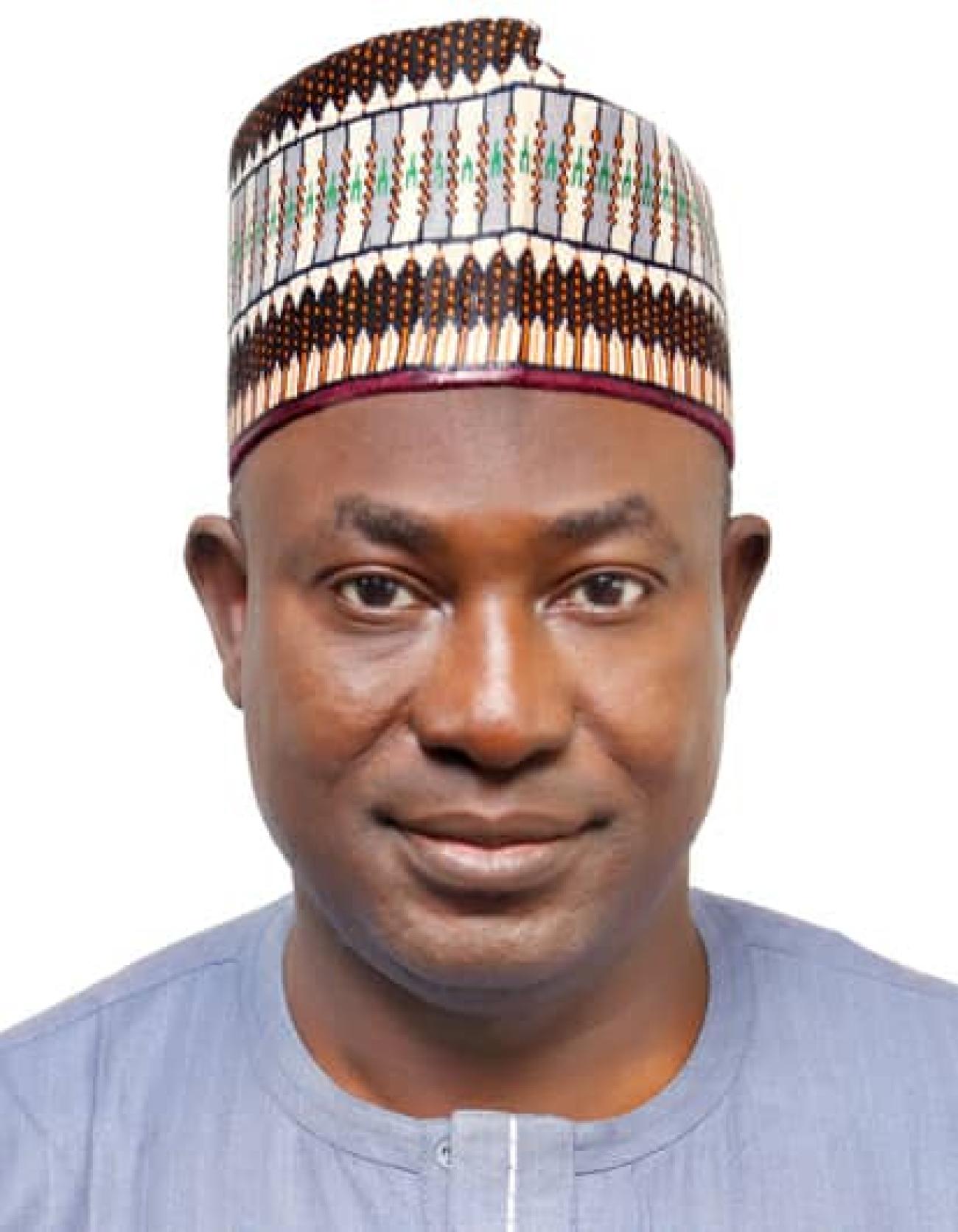SDG Book Club Interview Series: Abdullahi Ismaila

Ismaila, author of "The Garbage School", shared his thoughts on being an African author and the importance of reading for African youth.
Abdullahi Ismaila Ahmad is a poet, short story writer, essayist, publicist, a University lecturer, with many publications to his credit. His most recently published children's storybook, "The Garbage School", was selected as part of the English SDG 4: Quality Education Reading List.
How long have you been writing for children’s books?
My first attempt at writing for children was in 1995/96 when I wrote a play script, “Troubleshooters of Class Six”, which I eventually turned into the story, “The Garbage School” – published in 2021. But my first published children storybook is The Wicked Brother published in 2008.
What inspired you to take up the SDG challenge?
I saw the SDG challenge as an opportunity to get the book across to a wider and an international readership. The important message it bears is the urgent need to rescue the future of our future leaders by revamping the education system.
The main focus of the SDG Book Club is to inform and educate children; Briefly describe how you were able to create a fusion of entertainment, education, and information to advance the understanding of principles of quality education.
Generally, storytelling is entertaining. And so, it's only logical that important messages such as the need to improve quality education can better be appreciated through storytelling. The storyline of The Garbage School is pictured with both realism and elements of imagination, the protocols of narrative.
How do you carry out research for your book?
My research is mostly through conscious observation and trained imagination.
So far, what has being a writer been like? Describe your experiences.
Well, being a writer in Africa is tough in the sense that writing is done in such strenuous conditions, that without a significant breakthrough, the benefit of writing is a mirage!
What was your dream job/ambition when you were younger?
I wanted to be a lawyer or communicator of some sort.
What do you like to do when you are not writing?
Reading or contemplating are my main past-times
Tell us something about the main character
The main character, Yakubu, a totally fictional character, is meant to serve as a role model for children.
Is there an underlying true story, or was the book basically a product of your imagination?
The truth of the story is in its realism. The school in the story, Dabo Primary School, is an existing school in Gulu, Lapai Local Government Area of Niger State, Nigeria. The school represents the state of degradation of most rural schools in the state and in Nigeria as a whole. The subject matter itself, using school children to farm instead of helping them learn, is a real occurrence in rural schools, especially in Northern Nigeria.
What advice would you give to young readers across the continent?
My advice to young readers is to keep reading, make reading a daily habit because readers are leaders. Broaden your mind to new possibilities and expose your creativity to stimuli.
Describe the process of visualising and painting the main character of the story?
My mind creates panoramic images of illustration briefs from my publisher. Then I go into seclusion to work, discussing at regular intervals with my publisher in order to produce final images that satisfy both of us.
What advice would you give to aspiring visual artists across the continent?
Aspiring visual artists must commune with their muse and with nature to create concepts for illustrations. They must aim for perfection, appreciate the work of other artists, and they should seek out mentors who will direct, encourage and guide them.
Ismaila was Chairman of the Creative Writers Club, A.B.U, Zaria (1993 – 1994), Niger State Branch of the Association of Nigerian Authors (ANA, 1994 – 2000); and also National Assistant Secretary-General of the Association of Nigerian Authors (ANA, 2002 – 2004).
He is the author of The Demons and other Poems (1990); Islam in Lapai Emirate (1999), Scourge of Earthworms (Poetry, 1996), Ellipsis (Poetry, 2001), The Man, The Mandate, and His Monuments, a book on Gov. Abdulkadir Kurt's administration (2003), Youth Empowerment and Functionalism: A Framework for Synthesis (2004), Contemporary Issues in Social Studies (2004), A Harvest of Hatred (Short Story, 2006), and Wicked Brother (children’s book, 2009), Intellectual Activism And Creative Partnership: A Close-up On M. B. Aliyu's Approach To Governance ( 2013). Our Country Holds A Whip Against Us (Poetry, 2017). Songs of Silence (Poetry, 2021), No Alkibla Here (Short Story, 2021), Nana The Storyteller (children’s book, 2021), and The Garbage School (children’s book, 2021).
He co-authored the books: Abubakar Gimba: Perspectives On His Writings and Philosophy (Essays, 2008); Mu'azu Babangida Aliyu and Traditional Institutions In Niger State (2013) and Ambassador James Kolo: A Life Of Duty and Service ( A Biography, 2013). He also co-edited Words On Marble (from Gen. Abdulsalam Abubakar) (2002), Toward Sustaining Creative Writing In Northern Nigeria (Essays, 2009), and Pyramids (Poetry, 2009), and Shadows (Anthology of Short Stories, 2009 ). He edited Echoes of Young Minds (1996), Dance Steps of Dawn (Poetry, 1997), The Unique Madmen and Other Stories (2001), and The Spider and Other Stories (1999).
This story was written by Zion Rufus for Borders Literature for All Nations, one of the organizing members of the SDG Book Club African Chapter.
Written by


